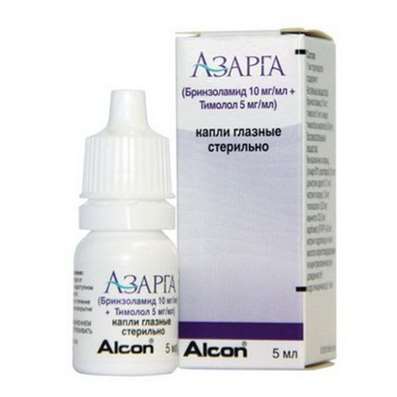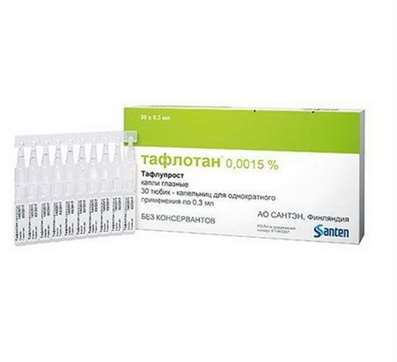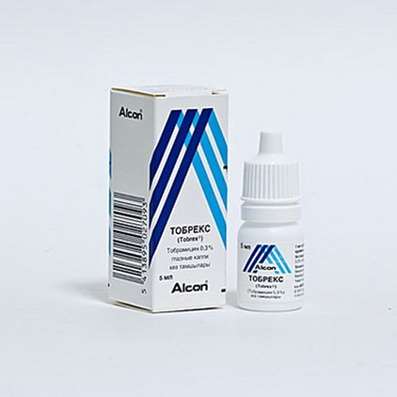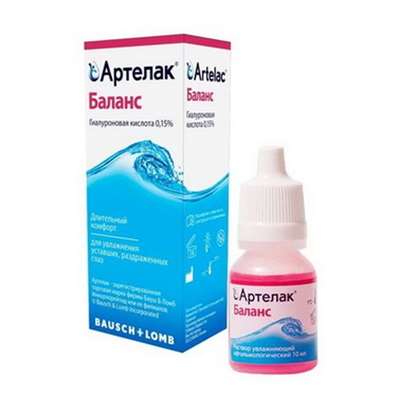Drugs and their effects on the body
04 Dec 2018
Marijuana. The most common names are: cannabis, cannabis, hashish, marijuana, anasha, plan, duckling, shamal, silly, plasticine, shawl, pot, reefer, hemp, sinsemilla, ganga, bhang, herb, weed, boom, Mary Jane, gangster, chronic etc.
Hemp. (Cannabis sativa, that is, hemp seeding, also called "Indian") - a cultivated plant that has many uses. From it, they receive fiber for hemp ropes and make a cloth similar to flaxen. Its stems go for the production of glossy paper and building cement fibreboards. Its seeds can be used to feed the poultry. Hemp seed oil was offered as a piston instead of diesel.
They even make medicine from her. However, the greatest record of hemp has been received as raw material for the manufacture of drugs.
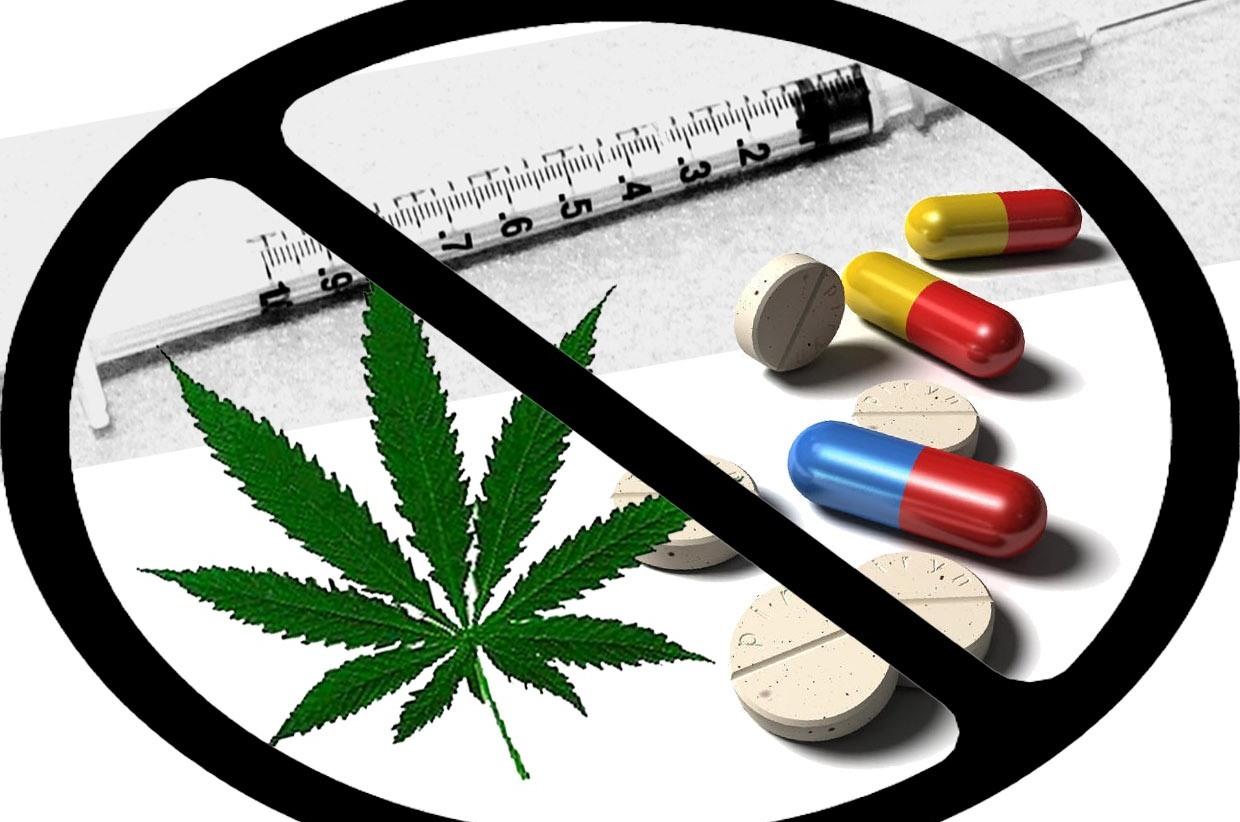
Marijuana is usually smoked by rolling into a cigarette (jamb), but it can be smoked and like tobacco in smoking cribs. Rarely, it is mixed with food or brewed like tea.
Immediate Side Effects:
- panic
- anxiety
- poor coordination of movements
- slow reaction time
- after the initial "take-off", a drug user experiences drowsiness and depression
- heart rate acceleration and the risk of heart attack
- distortion of perceptions
Long-term side effects:
- weakened resistance of the organism to common illnesses (colds, bronchitis)
- suppression of the immune system
- growth disorders
- an increase in the body of cells with an abnormal structure
- decrease in the content of male sex hormones
- rapid destruction of lung fibers and irreversible pathology of brain tissue
- reducing sexual potency
- difficulties in learning: reducing the ability to receive and assimilate information
- apathy, drowsiness, lack of motivation
- the inability to clearly understand the environment.
External changes - the pupils are slightly enlarged; shine in the eyes; redness of the eye proteins; slightly swollen eyelids; constant licking of lips; bad breath; a specific smell of burning from clothing; excessive gaiety and laugh without reason; weakening of attention; memory impairment; the excessive need for communication with time changes to the desire for solitude for music (for hours); incomprehensible expression; confusing language, lack of logic in expressions; jumping from topic to topic; in the conversation, paying a lot of attention to minor things; slight violation of coordination of movements; sometimes hallucinations; in case of a sudden change in the situation - fear and paranoid phenomena; an increase in appetite ("covetousness"), a general euphoria and a state of affection. Physiological changes - accelerated pulse; dry mouth and lips.
Heroin. In its pure form, heroin is an absolutely white powder. But most often it has a pinkish gray, brown or black color. Its color depends on the impurities, which it is diluted. These include sugar, caffeine and other substances. Street heroin is sometimes "diluted" with strychnine and other poisonous impurities. These impurities are not completely soluble and, when they enter the body, they can kill the blood vessels that lead to the lungs, kidneys and the brain.
Other, street, names of heroin: white, garryk, hero, gerasim, slow, pepper, éich, medicine, horse, junk, hercules.
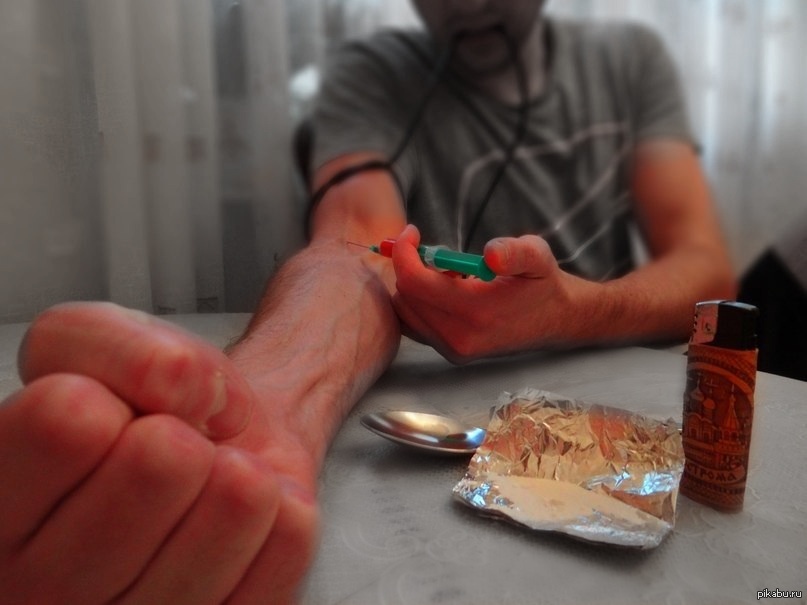
Addicts administer heroin by injection, smoking or breathing it through the nose. During the first intake, this drug creates a strong euphoria. A person begins to behave freely, easily communicating with others, and it can increase sexual activity. But all this for a short while.
Heroin causes a strong disease, and the breakage of it is extremely painful. This drug quickly disrupts the immune system, inevitably leads a person to a painful, exhausted state and, eventually, to death.
Immediate Side Effects:
- trouble
- difficult breathing
- blurring of mental abilities
- nausea and vomiting
Long-term side effects:
- tooth decay
- gingivitis
- constipation
- cold sweat
- itching
- weakening of the immune system
- coma
- respiratory diseases
- paralysis
- reduced sexual activity and prolonged impotence in men
- menstrual disorders in women
- inability to achieve orgasm (in men and women)
- loss of memory and intellectual abilities
- depression
- acne on the face
- loss of appetite
- insomnia
- closure
External changes - strong narrowing of the pupils; eyes slightly reddened and strongly shining, bruises under eyes; superficial intermittent slow breathing; skin itching (especially nose); sleepy look; intricate language; passivity and general relaxation; apathy to everyone except himself; euphoria; excessive "courage"; nervousness and so on.
Physiological changes - dryness of the skin and mucous membranes (lips, tongue); superficial sleep; reduction of urine output; frequent constipation; with a cold there is no cough; slight decrease in body temperature.
LSD. This is the strongest substance that changes consciousness. It is made of lysergic acid, which is formed in a horn of mold of cereals. Known as "acid" and many others, LSD is sold in streets in small pills and capsules or in the form of jelly. Sometimes it absorbs absorbed paper with various small pictures, which is then cut into small pieces. Sometimes LSD is sold in liquid form. But in whatever form it does not fall into the body of LSD, the result is always one and the same - a gap in connection with reality.
Other names of LSD: Acid, Lucy, acid, twins, cat, cartoons, fry, superman, white lightning, wizard, green dragon, stamp, trip, blizzard and many others.
Physical effects:
- enlarged pupils
- reduced or elevated body temperature
- sweating or "ants"
- loss of appetite
- insomnia
- dry mouth
- trembling
Intellectual effects:
- delirium
- visual hallucinations
- a false sense of euphoria and confidence
- disturbing the feeling of sleep and feeling of reality
- a sense of approaching death
- fear of losing control over oneself
- frightening thoughts and feelings
- distorted sense of time, disturbance of perception of forms and sizes of objects, movement, color, sounds, bodily sensations
- return of LPS transpiration after some time after admission
- severe depression and psychosis
- panic attacks
- chromosomal disorders
- the birth of children with various diseases
- initiate acts of violence
- suicide
The man who took LSD will have dim eyes and an empty, empty look. Often, this person looks dreary, and she needs to repeat the question several times, so she responds.
In it you can observe a strong interest in ordinary things. For example, for a long time, she will look at the teapot or ashtray, turning her, looking at different angles. It may also be of similar interest to different parts of the body, for example, to the fingers, palms, or feet. Her conversation will be inherent in mystery, a "journey of consciousness." It will also have hallucinations. She will feel anxiety for no apparent reason.
Alcohol. The main component of all alcoholic beverages is ethyl alcohol or wine alcohol (ethanol). It belongs to substances that cause addiction and painful passion (alcoholism), which appears in the need for opiation to achieve euphoria, the removal of physical and mental tension, the habit of the organism to alcohol with a gradual increase in the amount of alcohol used, the formation of abstinent (hangover) syndrome (hangover can be treated by medicines Phenotropil).
In the human body, ethanol is well absorbed and distributed almost equally across all tissues and liquids.

Women are more vulnerable to the negative effects of alcohol, since ethanol is oxidized in the liver and as a result of oxidation toxic compounds (acetaldehyde) are produced, but under the action of special enzymes that play an important role in the metabolism, it turns into the final product of CO2 decomposition (carbon dioxide) and O2 (oxygen). In the female body, there is almost no such protection. This explains the more severe occurrence of alcoholism in women.
In excessive use, about 10% of alcohol is not oxidized and is excreted unchanged by the kidneys and lungs, damaging them.
Influence of alcohol:
- acute and chronic mental disorders
- impression of organs of the gastrointestinal tract: gastritis, ulcers of the stomach and duodenum, colitis, dysbiosis, alcoholic hepatitis
- disruption of the cardiovascular system
- destruction of the liver (can be treated by Heptral)
- neuromuscular arousal, development of a court
- pathology of the respiratory system: chronic bronchitis, pneumonia, dryness
- changes in the cerebral cortex, destruction of neurons (nerve cells).
Ecstasy. From the very beginning, "ecstasy" is the slogan of 3,4 methylenedioxy-methamine (MDMA). This synthetic compound, in its pure form, is commonly found in the form of white crystals of hydrochloric acid.
In the broadest sense, ecstasy - any drug based on amphetamines, sold in tablets and is intended for oral administration in a specific setting disco. In practice, ecstasy tablets may include (MDMA), other substances of a number of amphetamines, caffeine and many others, both psychotropic and neutral (fillers, dyes, impurities). As a rule, neither the seller nor the buyer knows what substances are in a pill and are guessing about the effect of the dasg.
Production, transportation and distribution of ecstasy are a criminal offense in most countries of the world, including Ukraine.
Physical effects from the usual doses of ecstasy are weak and varied - rarely mention dryness in the mouth, gargle with teeth, eye irritation, sweating, and sometimes a feeling of deep physical relaxation. High doses (overdose) of ecstasy cause more unambiguous effects, similar to the effects of amphetamines - rapid and increased palpitations, sweating, dizziness, anxiety, and the like.
The consequences of taking this drug are as follows:
- psychological difficulties, agitated condition, depression, typical paranoid signs during and after some time after admission
- sleep disturbance
- Breaking brain neurons that produce serotonin substances that regulate aggression, mood, sexual activity, sleep and pain
- destruction of the liver
- an immediate increase in the risk of Parkinson's disease, which manifests itself in impaired motor functions, impaired coordination of movements, paralysis, as a result of the destruction of individual neurons in the human body.
Crack. The word "cocaine" is called a drug both in powder form and in crystalline form (crack). If cocaine is usually taken by inhalation in the nose, then the crack is warmed up and smoked. Creek has got its name due to the specific cracking or clicking sound that is formed when it is cooled.
Creek is not only a formidable form of cocaine, but also the most dangerous for human life. Since cracking is cleared by 75-100%, it is a much stronger drug than regular cocaine. It extends in the form of solid tiles or crystals from yellow to pale pink or white.
If you smoke any substance, it reaches the brain much faster than with any other method of administration. Therefore, smoking cracking leads to an intense, immediate but very fast pacifist, which lasts about 15 minutes. Because of this addiction to cracking occurs much faster than cocaine, almost from the first reception.
Here's how it's called: speed-bol, cheap snow, frost, plague.
Physiological and spiritual effects of cracking:
- loss of appetite
- accelerated heartbeat, increased blood pressure, increased body temperature
- narrowing the vessels
- accelerated heartbeat
- enlarged pupils
- restless sleep
- nausea
- Hyperstimulation
- strange, eccentric behavior, predisposition to violence
- hallucinations, increased excitability, irritability
- touching hallucinations, which create the illusion of bugs crawling under the skin
- strong euphoria
- anxiety and paranoia
- depression
- impression of the liver, kidneys and lungs
- severe tooth decay
- auditory hallucinations
- sexual disturbance
- psychosis
- disorientation, apathy, confusion and much more.
A person will be inclined to a quick and disorderly movement or may be inconsistent in conversation, jump from one topic to another.
He or she will also feel dry mouth and can drink an unusual amount of water to quench thirst, and continuously lick the lips.
He can also constantly scratch his nose, despite the lack of colds or allergies.
Pervitin and methamphetamine. Methamphetamine or MET is a white crystalline drug. It is used by injection, inhaled (inhalation through the nose) or smoked. It can also be taken orally, but any method develops an equally strong dependence. It contributes to the false sense of happiness caused by the drug, the surge of confidence, hyperactivity and energy. They usually last from 6 to 8 hours, but can last up to 24 hours. You get pleasure from the first time, but from the first time life begins to collapse. Pervitin is a national name for methamphetamine. Usually it is available in powder form. It has no odor, bitter taste, easily dissolves in water and alcohol. There are pinks of brown, gray-yellow, orange or even pink. It is also made in pills.
The most common street names are methamphetamine and amphetamine: screw, chalk, phenamine, ice, ice, hair dryer, amphitheater, speed, swaddle, mephan, black beauty, alarm clock, chef, synthetics, rubber, ephedron, bolt, crystal.
Immediate side effects of Pervitin:
- loss of appetite, nausea
- accelerated heartbeat, increased blood pressure and temperature
- pupil dilation
- restless sleep
- unnatural, strange behavior, sometimes predisposition to violence
- hallucinations, severe excitability, irritability
- panic and psychosis
- overdose can cause convulsions, seizures to death
Long-term side effects of peritoneum:
- irreversible damage to the blood vessels in the heart and brain, high blood pressure
- damage to the liver, kidneys and lungs
- destruction of tissues in the nose, if the drug inhales
- difficulty breathing if the drug smokes
- infection and suppuration if the drug is injected intravenously
- exhaustion, weight loss
- tooth decay
- disorientation, apathy, devastation
- strong psychological dependence
- psychosis
- depression
- brain damage similar to Alzheimer's, shock and epilepsy.
"Children's cocaine" - ritalin. Ritalin is the common name of methylphenidate. He is ranked in the US Department of Drug Administration as a second group drug with cocaine, morphine and amphetamines. The US Drug Control Office issued a series of recommendations that ritalin and its derivatives may cause hallucinations, suicidal thoughts, psychotic behavior, as well as aggression and violence against others.
Ritalin is released in small pills similar in form and size to aspirin. The word "Cuba" is the name of the manufacturer on the tablets. Pills of 5 mg - pale yellow, 10 mg tablets are pale green, and tablets of 20 mg are white and light yellow. It is believed that this drug is a stimulant of the central nervous system. However, even the manufacturer assumes that nobody really knows how ritalin affects the body, the insert notes: "The mechanism of action on a person is not fully understood ...". Addicts grind it on a powder that can be sniffed. Ritalin is soluble in water, it is easy to transfer into a liquid form and to make a prick.
This substance has the same effect on the body as other forms of activators - loss of appetite, insomnia, accelerated heartbeat. Misuse of this drug, especially when used through the nose and in the form of injections, causes the body even more harm. The load on the heart can become fatal. Ritaline injections are also dangerous: although ritalin itself is completely soluble in water, the tablets contain small particles of insoluble filler. These insoluble substances block small blood vessels and cause serious damage to the lungs and eyes. In addition to the physical destruction of the body, even a short-term use of ritalin causes a difficult emotional state. Hallucinations and psychotic behavior are not something unusual.
Side effects of taking ritalin:
- loss of appetite
- accelerated heartbeat, increased pressure and temperature
- enlarged pupils
- sleep disturbance
- insomnia
- unnatural, variable, sometimes aggressive behavior
- hallucinations, irritability
- panic and psychosis
- significant doses can lead to convulsions, seizures and death
- irreversible damage to the blood vessels of the heart and brain leading to heart attacks, stroke and death
- destruction of the liver, kidneys and lungs
- destruction of nasal tissues when sucked through the nose
- infectious diseases and inflammation during injections
- weight loss
- disorientation
- apathy, exhaustion
- strong psychological dependence
- psychosis
- depression
- breakdown of the brain, leading to a stroke and possible epilepsy.

 Cart
Cart

